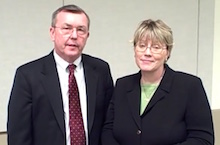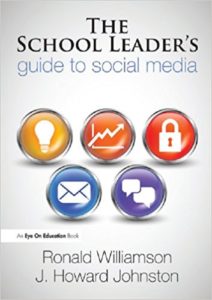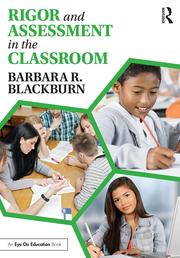Tips for Working with Millennial Teachers

Baby Boomer teachers, who dominated American society for a generation, are rapidly retiring and being replaced by members of a new generation, often referred to as Generation Y or Millennials, who hold very different beliefs about work and about the workplace and the way principals work with them.
A New Generation of Teachers
Here are some characteristics often associated with Gen Y/Millennial employees:
• 
• Very comfortable using technology and expect it to be available in the workplace;
• Tend to be creative, innovative and self-confident;
• Committed to making a difference and contributing to positive social change;
• Want to be connected, updated, and included and involved in their work;
• Desire relationships with co-workers and supervisors;
• Looking for opportunities for growth, challenging work, and assignments and flexibility in work schedules.
• Possess collaborative skills, are committed to team-building; and are not afraid of accountability;
Leading and Learning from Millennials
There are several strategies that leaders can use to work well with this new generation of teachers. These suggestions come from Behrstock & Clifford (Leading Gen Y Teachers: Emerging Strategies for School Leaders) and Rebore & Walmsley (Recruiting and Retaining Generation Y Teachers).
► Establish shared vision and goals. They want to be involved and participate in setting a vision and identifying specific, measurable goals.
► Provide leadership opportunities. They expect to be involved and to assume responsibility. They will not simply defer to more senior teachers.
► Create a positive, supportive school culture. Celebrate generational diversity and use cross-generational teams to work on curricular and instructional issues.
► Provide sound instructional leadership. They expect in-depth feedback because they want to contribute to the success of your school and expect to receive honest, open and personalized support from you.
► Embrace technology. This generation is comfortable using technology and will expect to use all forms of technology to improve their work.
► Use data effectively and often. This generation of teacher is comfortable with accountability and the use of data. They appreciate access to user-friendly data that can be used to improve their work.
Three Practical Ways to Engage Millennials
First, just as many schools have begun experimenting with the model of “flipped classrooms,” consider using flipped professional development. Provide content information outside of the scheduled time, and use collaborative meetings and professional development sessions for activities and applications.

Third, provide opportunities for Millennials to work together and take leadership roles within the school. They typically want to collaborate, believing that building on each other’s strengths leads to better outcomes. In addition, many GenY/Millennials are eager to accept leadership positions. They are often confident in their own abilities and are unwilling to defer to older teachers simply because of seniority.
Options include chairing or participating in teams or committees, leading professional development sessions, chairing a curriculum or instructional planning team, or coordinating special activities or projects. If you want to help these teachers thrive, provide options for them to grow in their leadership skills.
Challenging but rewarding
Working with Millennial teachers, or Generation Y teachers, can be challenging for leaders. But it doesn’t have to be. Just understand who they are, what they expect, and how they like to work – then capitalize on those realities to create successful schools.




































Very Interesting!
Our biggest problem is that we get too much turnover. Any challenges or ‘greener grass’ elsewhere and they’re gone. This is especially troubling in trying the build capacity and develop culture/rituals in a tough school that really needs to have consistency in the adults that show up every day/year. What do you suggest we do to keep these teachers in whom a lot of capital has been invested in and then they just leave? And a lot just leave the profession!
Opportunities for growth is extremely important. I personally left a job that I loved and was extremely involved in (in a low economic school that needed a teacher invested in the community), but left because I wasn’t feeling challenged and I couldn’t afford my masters, a major goal of mine.
Looking into the future and seeing learning opportunities that advance them is important. It pushes them.